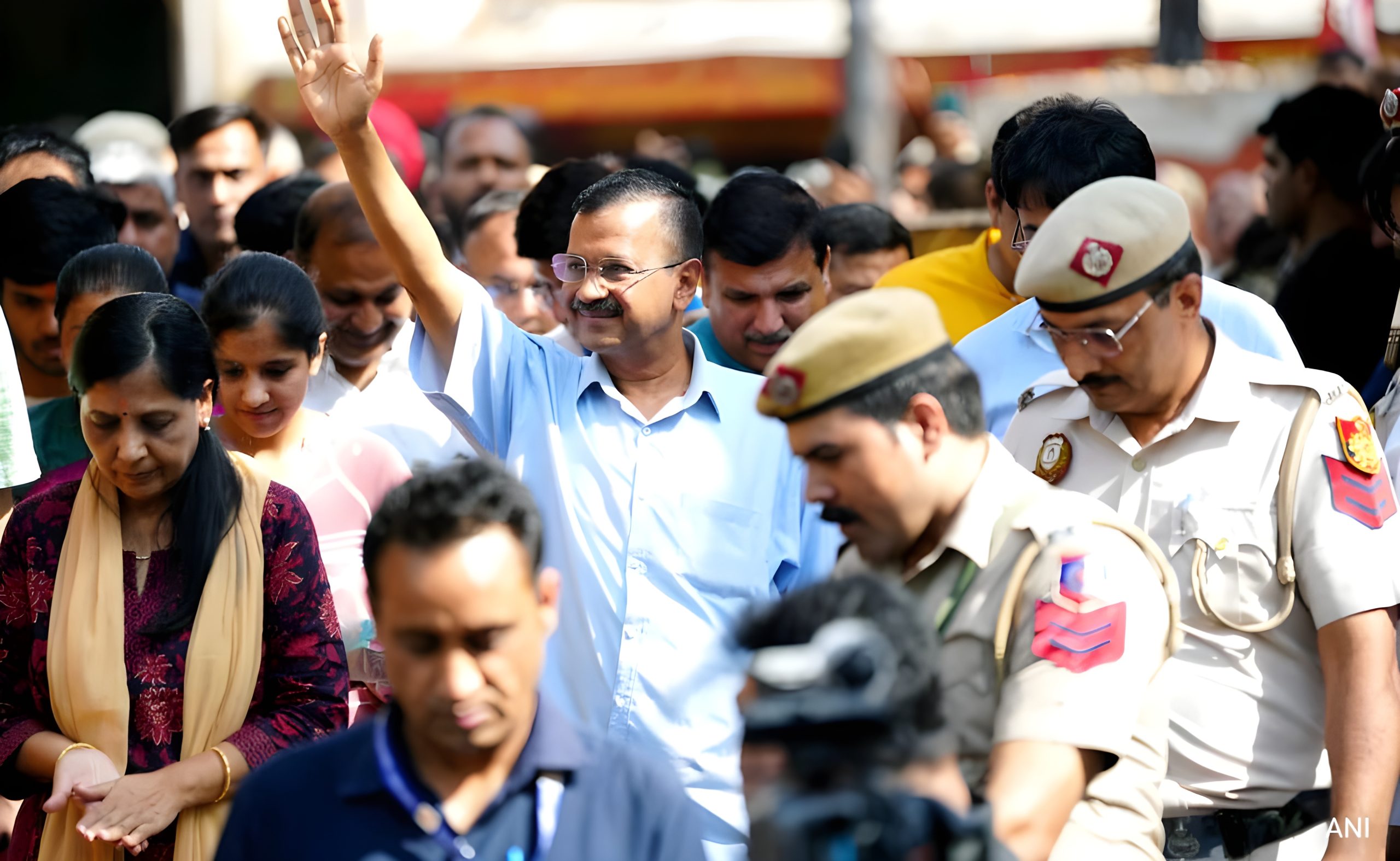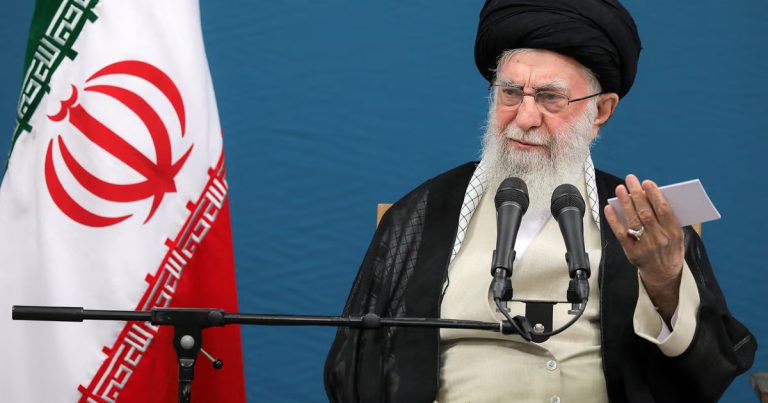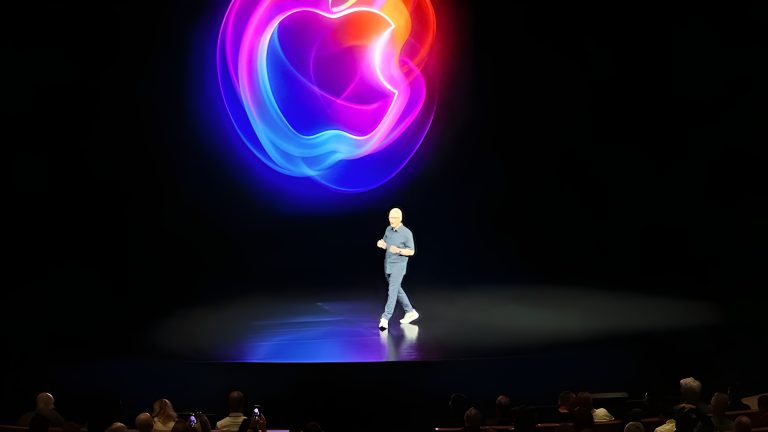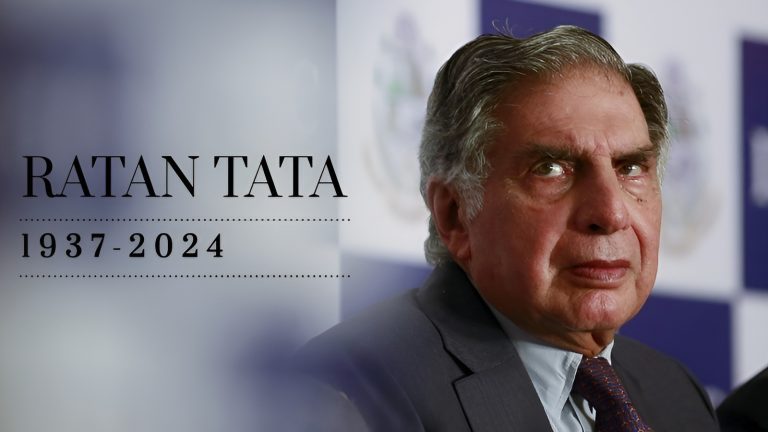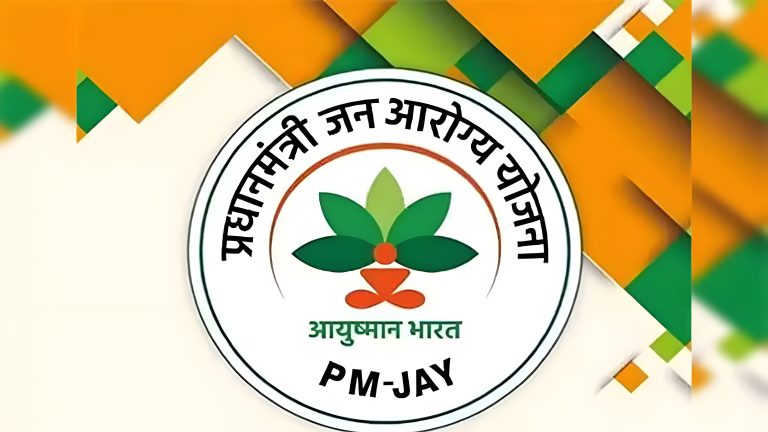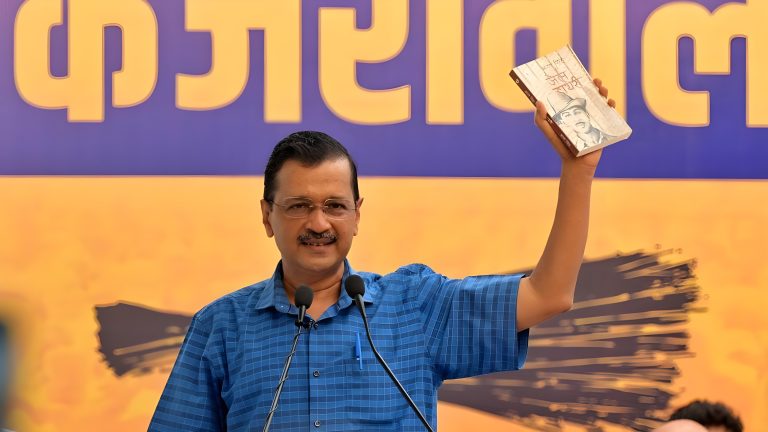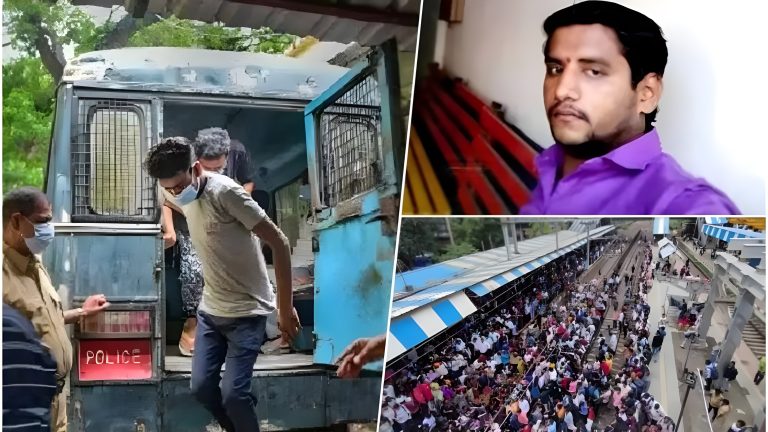Arvind Kejriwal faced multiple summons from the ED regarding the excise policy case. After skipping several, he was arrested in March 2024.
The Supreme Court on Friday granted bail to Chief Minister Arvind Kejriwal in the corruption case related to the alleged excise policy scam registered by the CBI.
In its judgment, the Supreme Court noted that prolonged incarceration constitutes an unjust deprivation of liberty. The court had reserved its decision on September 5 after hearing arguments from both Kejriwal’s and the CBI’s counsels
In a post on X, the Aam Aadmi Party (AAP) said, “Satyamev Jayate.”
During the proceedings, Additional Solicitor General SV Raju, representing the CBI, objected to Kejriwal’s approach of bypassing the trial court for bail and directly petitioning the Delhi High Court and then the Supreme Court.
Kejriwal’s release from the Tihar Jail will be a boost for the party as it prepares for the elections in Delhi and Haryana.
Timeline of Arvind Kejriwal’s arrest and bail in excise policy case:
October 2023: The ED issues its first summons to Arvind Kejriwal in connection with the liquor policy scam.
November 2023: Kejriwal skips the first summons on November 2, traveling to Singrauli, Madhya Pradesh, for a political rally.
December 2023: Kejriwal skips the second summons, labeling it as “illegal and politically motivated.”
January 2024: Kejriwal misses the third summons, alleging a conspiracy by the Central government. The ED issues a fourth summons for January 18.
January 2024: Kejriwal responds to the summonses, questioning why he is not an accused in the case.
February 2024: Kejriwal skips the fifth summons, and the ED moves court, alleging non-compliance. Delhi court grants Kejriwal exemption from personal appearance for that day. Kejriwal skips the seventh summons, with AAP claiming the summons was illegal and unanswered.
March 2024: A sessions court grants bail to Kejriwal on two complaints filed by the ED for skipping summonses. Kejriwal appeals to the Delhi High Court, arguing against the intent to arrest him before elections. The High Court denies him protection from coercive action, leading Kejriwal to move the Supreme Court.
March 2024: The Supreme Court grants interim bail to Kejriwal until June 1, allowing him to campaign in the Lok Sabha elections. He must surrender on June 2.
June 1, 2024: Kejriwal applies to the Delhi court for interim bail.
June 2, 2024: Kejriwal surrenders at Tihar Jail.
June 5, 2024: The court reserves its decision on Kejriwal’s interim bail plea but ultimately denies it on medical grounds.
June 20, 2024: The Delhi court grants regular bail to Kejriwal in the money laundering case related to the now-scrapped liquor policy.
June 2024: The ED challenges Kejriwal’s bail in the Delhi High Court, which blocks his release.
July 2024: The Delhi High Court defers the hearing on the ED’s plea to cancel Kejriwal’s bail to July 15.
July 2024: The Delhi High Court schedules the ED’s plea challenging Kejriwal’s bail for August 7.
August 2024: The court has granted the CBI one week to file a counter-affidavit and scheduled the matter for a hearing on September 5.
September 2024: On September 6, the Supreme Court asked whether there was any restriction on Delhi Chief Minister Arvind Kejriwal performing his official duties from jail while hearing a plea related to a delay in deciding the remission of a convict.
September 13, 2024: The AAP on Friday hailed the Supreme Court decision granting bail to Delhi Chief Minister Arvind Kejriwal in the corruption case linked to the excise policy ‘scam’ as “victory of truth”. The apex court granted bail to Kejriwal in the excise policy case by the CBI paving way for his release.
